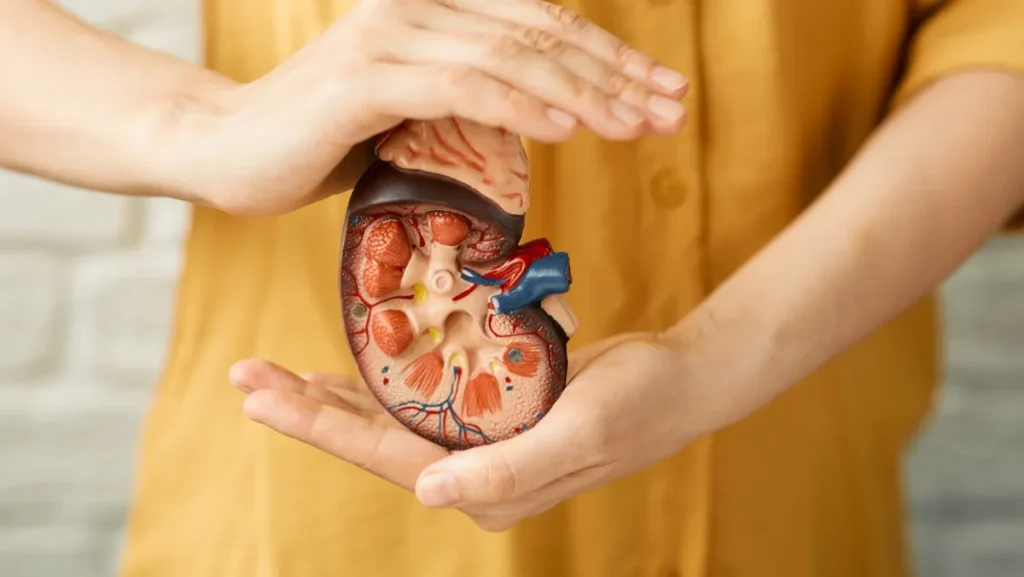
Yes, a kidney transplant is often the best option for individuals with end-stage kidney disease. It provides a more permanent solution compared to dialysis, offering a longer, healthier life with fewer restrictions.
With proper care, a transplanted kidney can last 10 to 15 years or more. Many patients live decades after their transplant, with improved quality of life and reduced complications compared to dialysis.
Early kidney transplant reduces the time spent on dialysis, which can cause physical strain over time. Patients who receive a transplant earlier tend to have better health outcomes and a longer life expectancy.
Advantages include freedom from dialysis, improved quality of life, and increased life expectancy. Disadvantages include the risks of surgery, possible rejection of the kidney, and the need for lifelong medication to prevent rejection.
Recovery after a kidney transplant typically takes around 6 to 8 weeks. During this time, patients need to rest and avoid strenuous activities while their body adjusts to the new kidney. Regular follow-up appointments are crucial to monitor the kidney’s function and ensure the body is accepting the transplant. Many patients return to normal activities within a few months.
Medically reviewed by Reema Patel, MPA, PA-C — Written by Rebecca Joy Stanborough, MFA — Updated on August 31, 2022


Best Kidney Stone Hospital in Chennai: Find top specialists and advanced treatments for quick recovery.